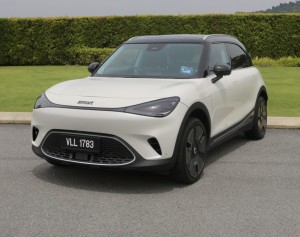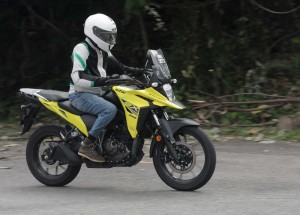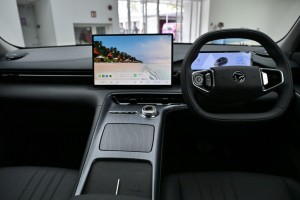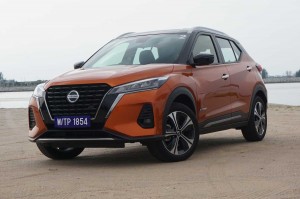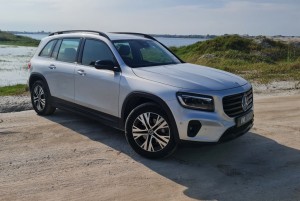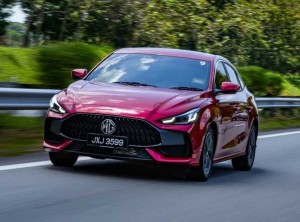PETALING JAYA: Battery electric vehicle (BEV) adoption in Malaysia is likely to pick up pace this year and may even exceed Fitch Solutions’ forecast of a 45.6% jump in sales to 4,449 units in 2023, thanks to more government incentives and accessibly priced new models.
On Friday, Natural Resources, Environment and Climate Change Minister Nik Nazmi Nik Ahmad said more EV-related incentives are in store in the revised Budget 2023 (to be tabled on Feb 24), and the country aims to install 10,000 EV charging points by 2025.
As seen in Japan and the European Union, government rollout of financial incentives such as purchase subsidies and tax sweeteners are critical for pushing BEV adoption.
In Malaysia, there are import and excise duty exemptions for BEVs.
The exemptions will last until Dec 31, 2025 for locally assembled models, but only until the end of 2023 for completely-built-up (CBU) vehicles.
In Budget 2023, there was a proposal to extend the exemptions for CBU units by another year.

Malaysia Automotive Association president Datuk Aishah Ahmad had said previously that the association hopes EV-related incentives can be given for up to 10 years.
A recent StarBizWeek report had noted that neighbouring countries have more robust EV policies.
Thailand has a policy to move 30% of total automotive production to EVs by 2030, while the Indonesian government has set a goal for EVs to make up 20% of all domestic cars manufactured by 2025.
Singapore is even more aggressive, targeting to cease new diesel car registrations from 2025 and requiring all new car and taxi registrations to be of cleaner-energy models from 2030.
Currently, BEV ownership is rather low, according to Road Transport Department director-general Datuk Zailani Hashim, who said in December that about 10,000 BEVs have been registered in Malaysia.
High prices is another issue for BEV adoption, and premium and luxury marques dominated offerings of such cars before the recent arrival of China-made models.

However, judging from the enthusiastic response in December to the launch of Shenzhen-based BYD’s first BEV in Malaysia – the Atto 3 – car buyers here are eagerly awaiting more accessibly priced and packaged BEVs.
BYD distributor Sime Darby Motors said the Atto 3 had garnered 1,000 bookings in the first two weeks.
The Atto 3 sport-utility vehicle is priced from RM149,800 (standard range – up to 410km on a full charge) and RM167,800 (extended range – up to 480km).
Meanwhile, distributor Great Wall Motor Malaysia said in November that over 100 bookings were received for the Ora Good Cat, priced at RM140,500 (Pro variant – up to 400km) and RM170,500 (Ultra variant – up to 500km).
The fourth quarter of 2023 may see the arrival of BYD’s B-segment all-electric Dolphin compact five-door hatchback, with recently announced 2023 prices in China ranging from 116,800 yuan (RM75,000) to 136,800 yuan (RM87,800).
The Dolphin (up to 401km on a full charge) could see strong demand here if it is priced below RM100,000.




